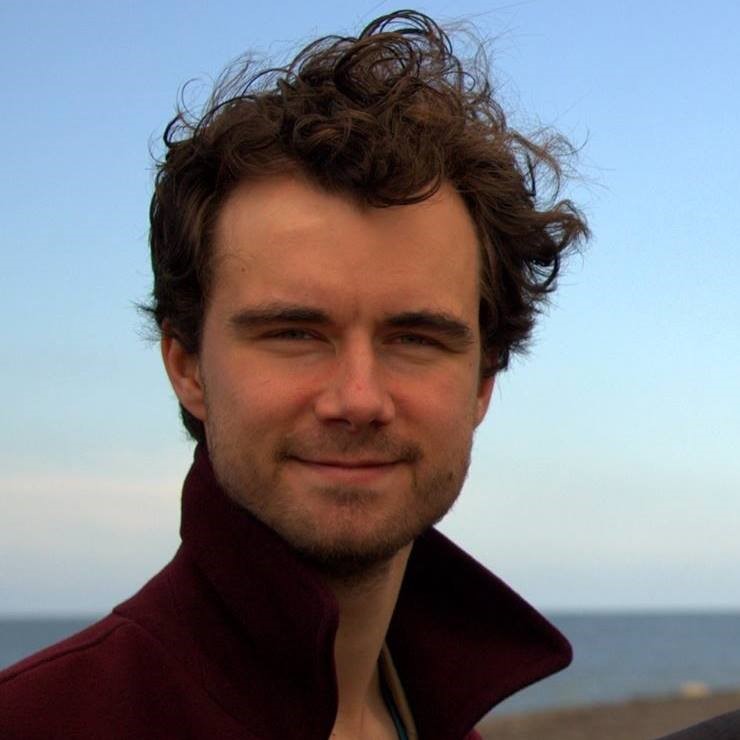Bereichsnavigation
Dr. Marten Noorduin
Interview with Research Stipend Holder Dr Marten Noorduin (January – March 2022)
SIM: What is your background?
I am a historical musicologist and pianist with an interest in nineteenth-century music, with a focus on issues related to performance practices. My doctorate research at the University of Manchester resulted in a thesis on Beethoven’s tempo indications, as well as several spin-off articles. After that, I took up a position as postdoctoral researcher at the University of Oxford, where I worked on performance practices of the long nineteenth century.
SIM: What will your project at the Staatliche Institut für Musikforschung be about?
My project concerns the activities of Giacomo Meyerbeer (1791 - 1864) and his role as organiser of the concerts for the Prussian court in the middle of the nineteenth century. Meyerbeer was a fascinating figure for a number of reasons, but his most significant claim to fame was surely the fact that he was the most frequently performed opera composer of the nineteenth century. One notable characteristic of these operas, and one that surely contributed their success, is that they were often rehearsed for an unusually long stretch of time, during which sometimes significant changes were made to the score in order to capitalise on the particular qualities of the musicians involved. It is these aspects of the rehearsal process that I am interested in.
Rather than focussing on Meyerbeer as a composer of grand operas, my project will focus on another aspect of his career that has received less attention: his role as organiser of the concerts for the Prussian court during approximately the last two decades of his life. I am particularly interested in finding out how Meyerbeer went about preparing and rehearsing for these concerts, how much rehearsal time was normative, how he went about selecting the musicians for these performances, and whether he made any changes to the repertoire such as re-writing or adjusting parts for these concerts. Considering the important role that Meyerbeer played in the development of music in the nineteenth century in Europe, the findings of my research will have implications far beyond the project’s narrow focus on Berlin and Prussian music culture.
SIM: Why did you choose the SIM for this project?
The study of rehearsal practices is often a very difficult subject, as unlike other musical activities such as composing or performing it generally does not leave much of a paper trail. In most (but not all!) cases, rehearsals in the nineteenth century happened without much audience present, which means that is difficult to get an idea of what happened during these events due to the lack of extant sources. Luckily, the archives of the Stiftung Preußischer Kulturbesitz, particularly the Staatliches Institut für Musikforschung (SIM) and the Staatsbiblithek, include rehearsal diaries by Meyerbeer, letters to musicians, and many other valuable sources that can shed new light on this topic. Furthermore, the history of musical interpretation is a notable focus of the SIM, which opens up the possibility of much productive cross-collaboration.
Publikationen
- Transcending slowness in Beethoven's late style. 2023, Zenodo, https://zenodo.org/records/7961897


